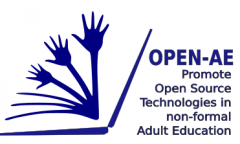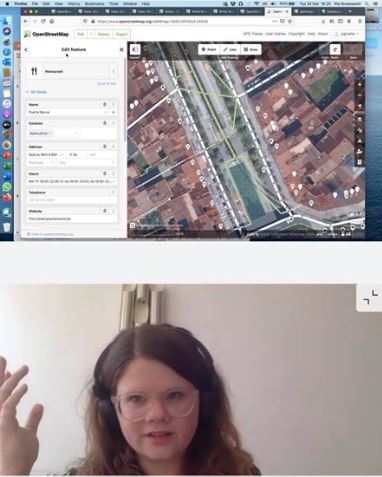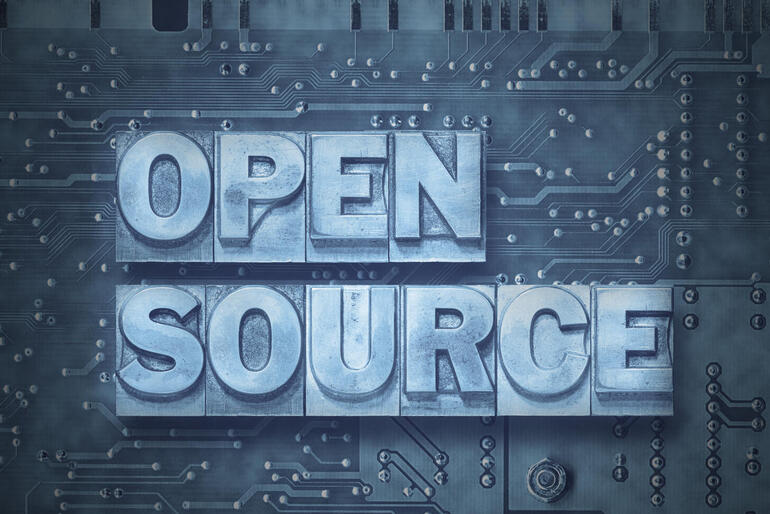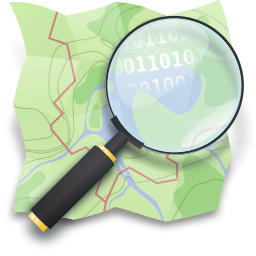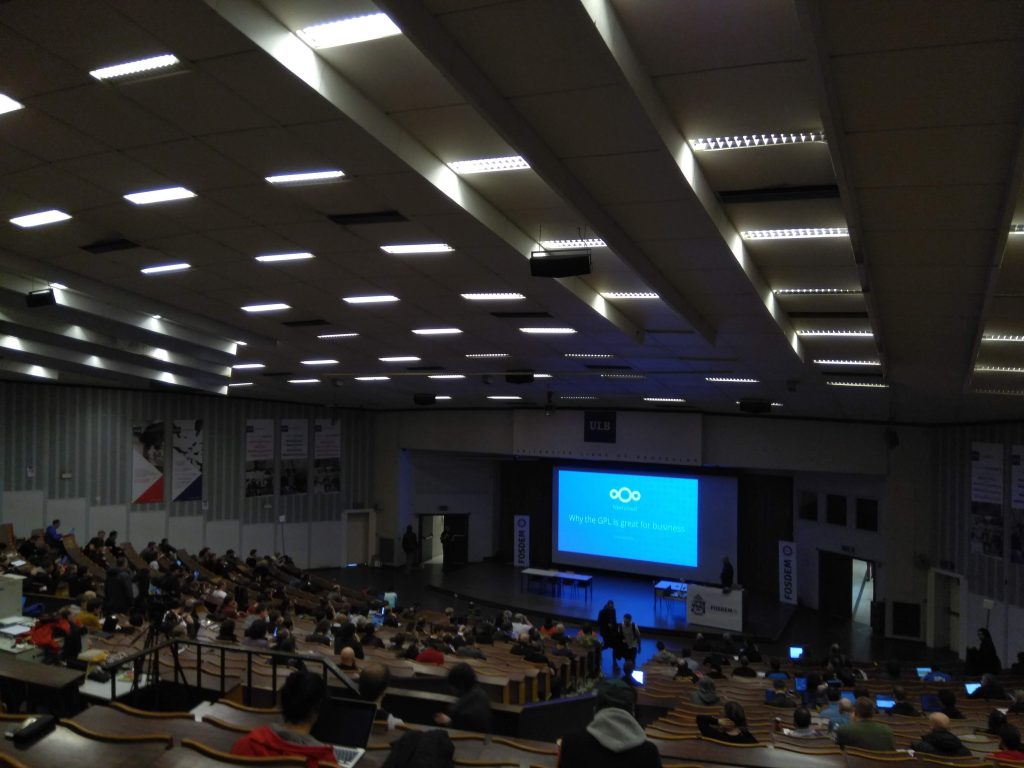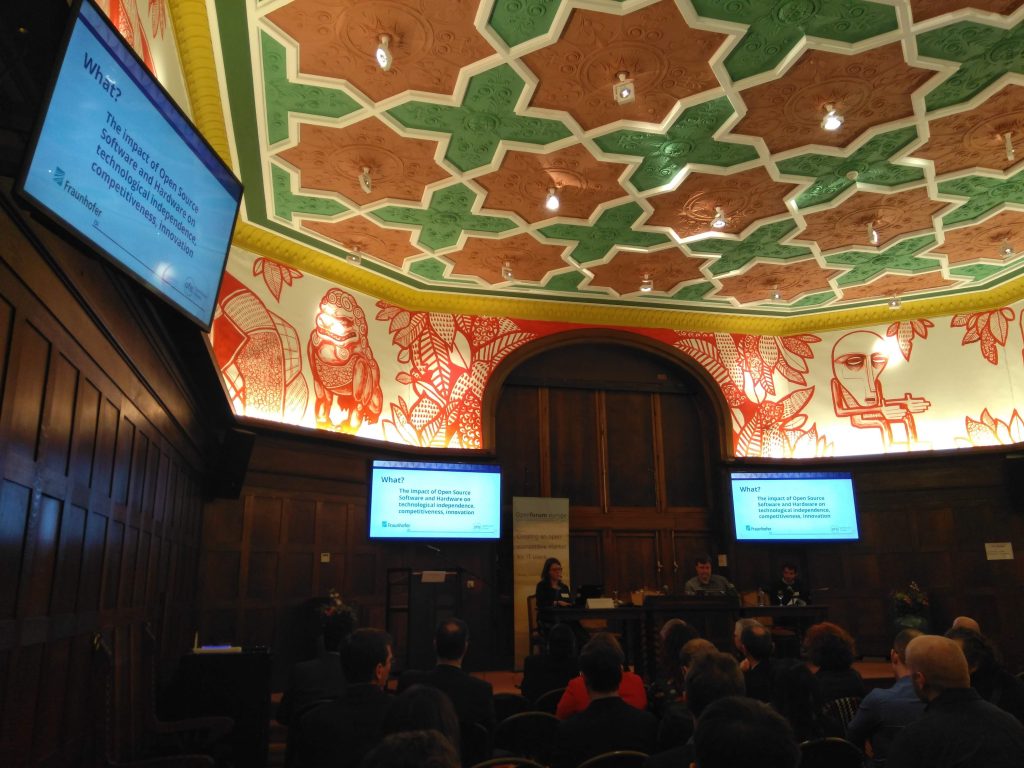The first week of the free online training course on the FLOSS culture and open source tools organized by the Association Centro Studi Città di Foligno (CSF) as part of the European project Open-AE, funded by the European Erasmus programme, has just ended successfully. The project aims to promote access and learning through the use of open educational resources (OER). The aim is to promote Open Source technologies in the non-formal education sector to strengthen the training and professional skills of adult educators and learners.
Among the activities foreseen by Open-AE, the implementation of a training course addressed to adult educators aimed at improving their skills and knowledge of technological tools and digital learning platforms is one of the key results.
CSF, Italian partner of the project, in order to face the difficulties related to the Covid-19 health emergency, has designed a course entirely online (Moodle Course and Webinars) to introduce and deepen innovative practices and the latest available technologies useful for adult education. The online course, lasting a total of two months, is addressed to adult professionals interested in deepening their knowledge and tools necessary to promote free and open education and training. The distance learning course organized by CSF has registered a strong interest throughout the Italian territory. To date, 192 people have enrolled in the course, coming from several national adult education centres (CPIA), Umbrian DigiPass and representatives of municipalities and around 100 are regularly attending live the webinars. The students have also the opportunity to watch the recorded video lessons thus allowing great flexibility.
The training programme focuses on 7 modules that will accompany participants in exploring open source culture and free and open education and training. After an introduction to the Open-AE Project and the Floss culture, participants will have the opportunity to test Scratch, an open-source programming language. On May 6th the Module focused on digital storytelling as a tool for strengthening adult skills will start.It will then move on to the management of online activities, through social media and WordPress, open source software designed for everyone, which emphasizes accessibility, performance, security, ease of use. May 26th, instead, will be the starting date of the Data Privacy Culture Module, which will offer subscribers an overview of the framework of the reference legislation on privacy. In June we will then move on to explore the open educational resources aimed at promoting the develop of a spirit of entrepreneurship. The latest online meetings will focus on the use of new Augmented Reality and Virtual Reality technologies for adult education.
In these difficult days, the open and common education promoted by Open-AE seems to be the best response for the future innovation of the educational sector.
